Jesuit Father George V. Coyne on Evolution
This comes in the wake of the highly publicized article by Vienna's Cardinal Christoph Schönborn, "Finding Design in Nature," in The New York Times of July 7, 2005, in which Schönborn seemed to distance Catholicism from Darwinian evolution theory (see my earlier post, Cardinal Schönborn's View of Evolution).
But Coyne says, "Science is completely neutral with respect to philosophical or theological implications that may be drawn from its conclusions." Religion has nothing to fear from the scientific investigation of evolution.
Coyne continues:
In the universe, as known by science, there are essentially three processes at work: chance, necessity and the fertility of the universe. The classical question as to whether the human being came about by chance, and so has no need of God, or by necessity, and so through the action of a designer God, is no longer valid. And so any attempt to answer it is doomed to failure. The fertility of the universe, now well established by science, is an essential ingredient, and the meaning of chance and necessity must be seen in light of that fertility.
Schönborn had seemingly objected to "neo-Darwinism" as claiming that only two of those three processes were at work, chance and necessity. Chance processes are random ones. Processes governed by necessity are those which follow rigid laws of nature. By adding "fertility," Coyne is able to harmonize Catholic belief with Darwinian science, and especially with the chance or contingency which he admits also occurs in the evolution of the cosmos:
Take one simple example: two hydrogen atoms meet in the early universe. By necessity (the laws of chemical combination) they are destined to become a hydrogen molecule. But by chance the temperature and pressure conditions at that moment are not correct for them to combine. And so they wander through the universe until they finally do combine. And there are trillions and trillions of such atoms doing the same thing. Of course, by the interaction of chance and necessity, many hydrogen molecules are formed and eventually many of them combine with oxygen to make water, and so on, until we have very complex molecules and eventually the most complicated organism that science knows: the human brain.
But what is "fertility"? It is equivalent to "vitality":
The universe has a certain vitality of its own like a child does. God is working with the universe. The universe has a certain vitality of its own like a child does. It has the ability to respond to words of endearment and encouragement. You discipline a child but you try to preserve and enrich the individual character of the child and its own passion for life. A parent must allow the child to grow into adulthood, to come to make its own choices, to go on its own way in life. Words that give life are richer than mere commands or information. In such wise ways we might imagine that God deals with the universe.
So God, acting like a good, nurturant parent, does not try to overrule "a certain dynamism" that exists in Nature, but stands aside, to some extent, and lets this cosmic "child" mature and "make its own choices."
Which, of course, implies a "directionality" in the maturation process:
[A] process of continuous evolution, called by scientists chemical complexification, has a certain intrinsic natural directionality in that the more complex an organism becomes the more determined is its future.
I read "the more determined is its future" to mean that the more complex an organism is, the more unique its characteristics become, vis-à-vis other organisms. A human embryo starts out relatively simple and then goes through stages at which it successively resembles the embryos of various other animals. Only at the end, as embryonic complexity increases, does it take on uniquely human characteristics and abandon any chance of being, say, a bird.
The same kind of directionality moves the evolving cosmos from a relatively simple repository of pure vitality, as it was when it first began, such that by means of a dynamical process which includes both chance and necessity, greater and greater complexity is born. That suits God's plan just fine.






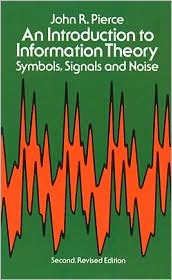

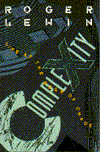

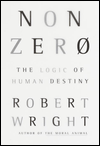

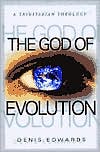

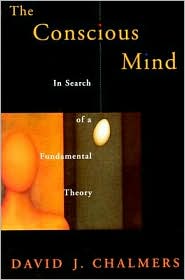
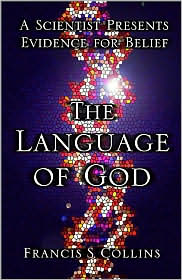


0 Comments:
Post a Comment
<< Home